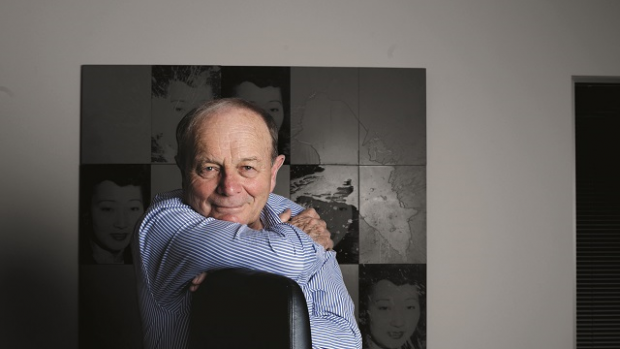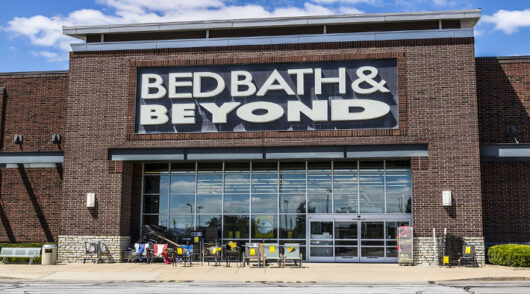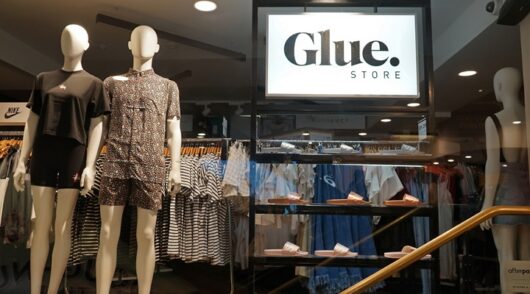
Harvey Norman has avoided a board spill after being hit with a second strike against its remuneration report at Wednesday’s AGM.
While the remuneration report was voted down by 47.6 per cent of shareholders – far more than the 25 per cent necessary to trigger a spill vote – only 11.2 per cent voted to spill the board.
Much of the frustration of shareholders came from calls of a lack of independence on the board, which has seen only one new member since 2007 – Maurice Craven, who was elected in March.
Despite the disquiet, all directors who were up for re-election were re-elected, and the sole new member up for election, Stephen Mayne, was denied his spot on the board by a wide margin.
Mayne put himself forward for election to the board, although agreed to withdraw his nomination should the board compensate non-participating retail shareholders in the recent $165 million capital raising by auctioning off the shortfall to the highest bidder.
In response, according to AAP, 80-year-old chairman Gerry Harvey called Mayne an “agitator” and suggested that he may be a sexual predator.
The remarks were made in relation to an article Mayne wrote 18 years ago, ranking female politicians in terms of their attractiveness.
Mayne apologised for the article, and later called Harvey’s attack an “unhinged slur”, and that he was disappointed the chairman decided to make it personal rather than addressing concerns around the business’ governance.
“He’s the worst in the market for governance, and he’s only proved it here,” Mayne said.
Harvey Norman didn’t wish to comment when contacted by Inside Retail.
Domestic sales stagnant
Shortly before the AGM, the company revealed its international businesses were growing far faster than its Australian stores.
Northern Ireland saw 10.9 per cent sales growth between July 1 and October 31, while the Republic of Ireland saw 8.8 per cent growth. Slovenia and Croatia saw 8.9 per cent growth, New Zealand followed at 7.7 per cent, and Malaysia 4.2 per cent.
In comparison, Australian franchisees saw a 0.4 per cent increase in sales during the same time, while Singapore saw a 5.4 per cent decrease.





